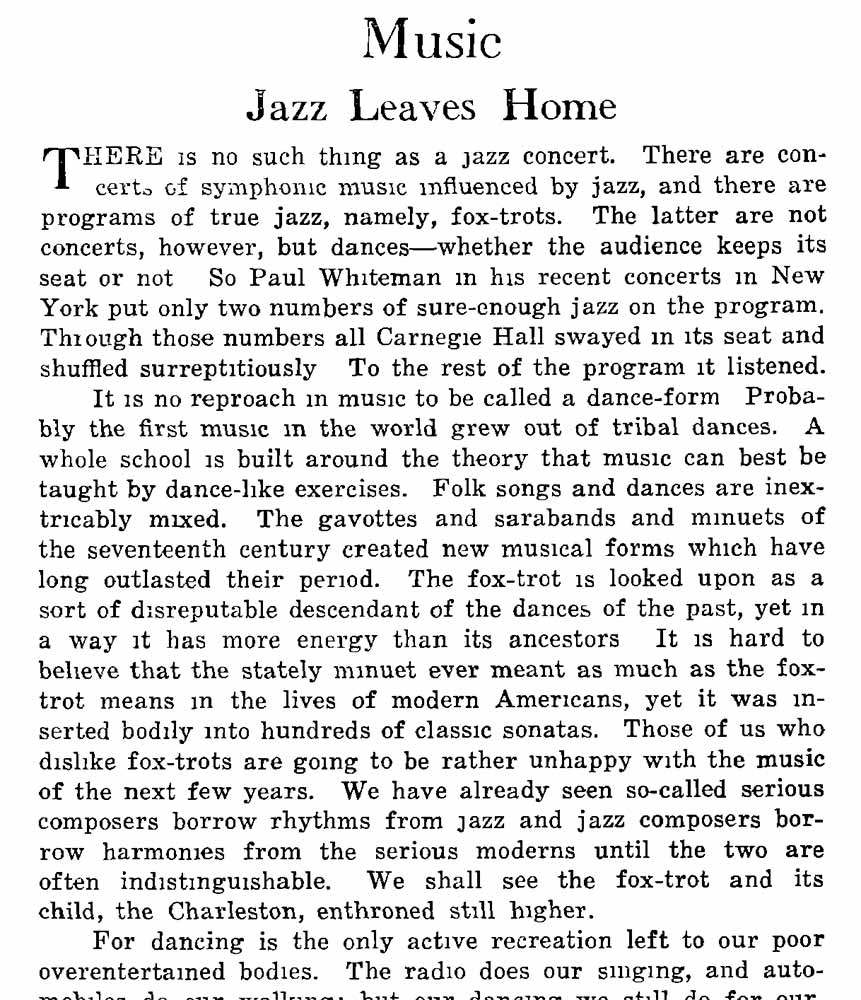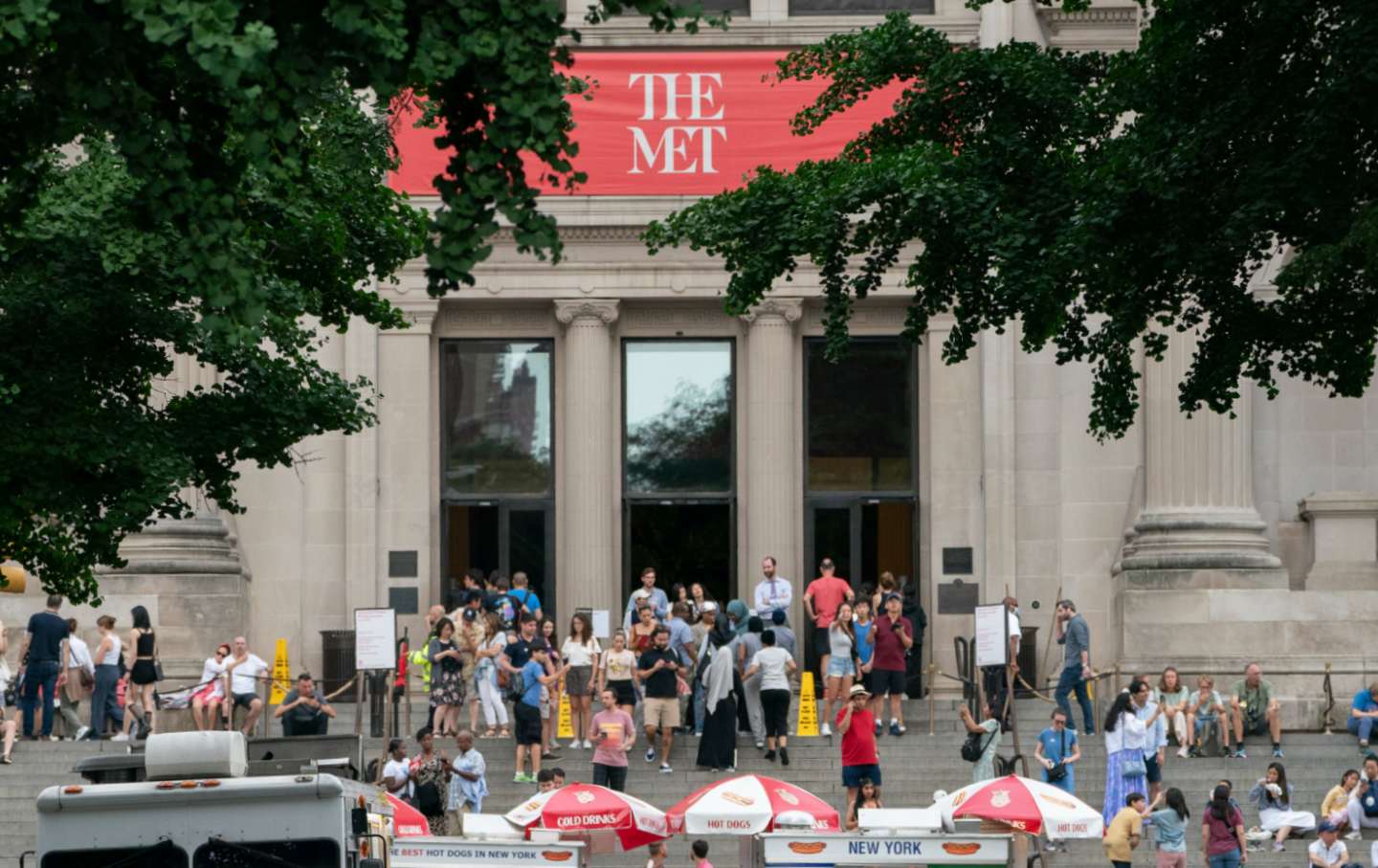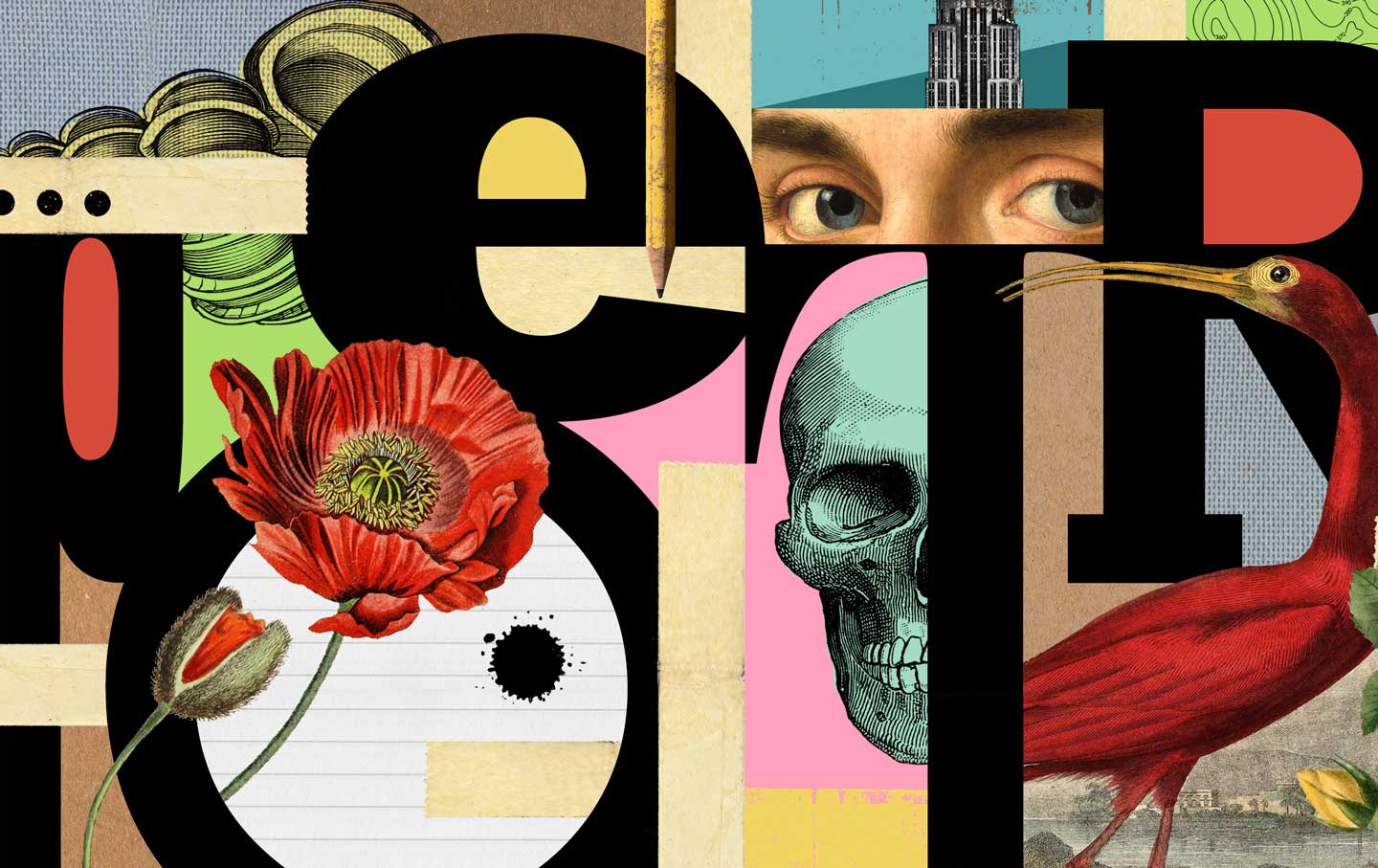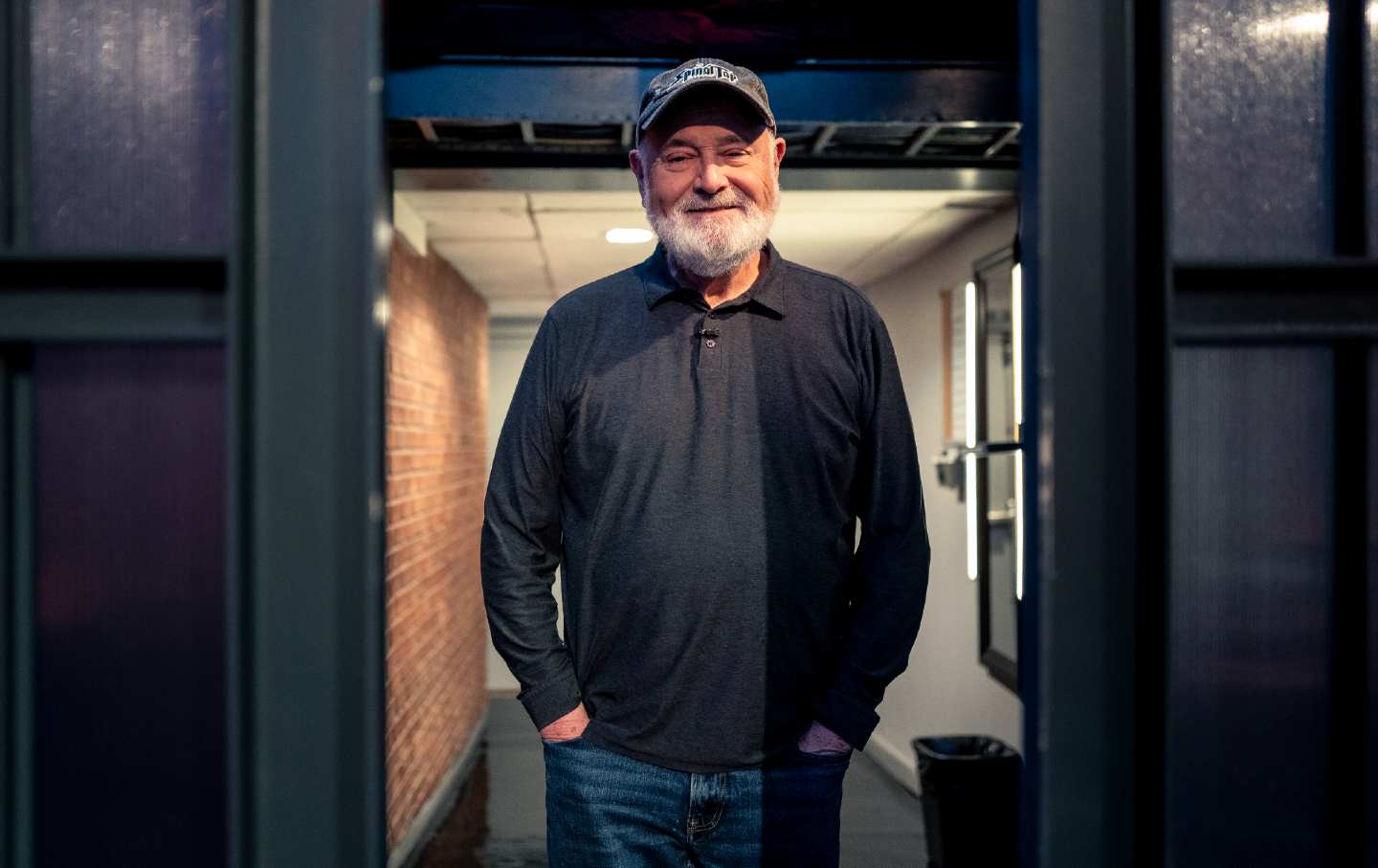The Nation’s Early Experiments in Jazz
The Nation’s Early Experiments in Jazz
When the magazine began covering jazz in the 1920s, it often struggled to catch the beat.

Ethan Iverson writes in this issue about a newly surfaced recording of pianist McCoy Tyner and saxophonist Joe Henderson playing at the downtown club Slugs’ in 1966. Reading his piece, I wondered how The Nation covered the advent of jazz a century ago.
Edited by the gentlemanly class traitor Oswald Garrison Villard, the magazine was turning ever more politically radical, yet it remained culturally somewhat conservative. Its early coverage of jazz reflected both tendencies, signaling an openness to the emerging form even as it offered a rather patronizing take on the music’s significance.
“There are times,” the critic Henrietta Straus reluctantly granted in early 1922, “when jazz may be regarded as a virtue.”
Straus was talking about a new concert by the classically trained white interpreter John Alden Carpenter, whom she praised for having turned the “noisy commentaries” of jazz into “philosophic reflections.” Within two years, she had adopted a more generous appraisal of the form—she described the white bandleader Paul Whiteman’s now-famous “An Experiment in Modern Music” concert, in which he premiered George Gershwin’s Rhapsody in Blue, as nothing less than “revolutionary.” Even so, for her, as for other Nation contributors, jazz—or, at least, the jazz they deemed worth discussion—was a white phenomenon, stripped of its African American roots. It would take another decade for the magazine to give equal attention to Black musicians.
Some Nation writers went out of their way to avoid discussing race in their critiques of the new music, even as loaded language seeped through nonetheless. “Industrialized folk-music” is how William J. Shultz described jazz in the October 25, 1922, issue of The Nation. “It is at once the old and the new.”
Traditional European folk music, Schultz explained, had reflected the bucolic concerns of “the great, silent, subject, agricultural population. Their music was a music of out-of-doors…a music of physical merrymaking, a music that looked away from weary body-labor, yet ever reflected its shadow through the wildest abandon.” Jazz, in contrast, was an expression of the modern age. It addressed the desires and concerns of the Massemensch (mass-man), “a creature of paved and lighted streets and grimed air.”
Shultz saw jazz as the culmination of a long cultural decline that began with the French Revolution and the dwindling of landed aristocracies that had long supplied funds for the creation of “intellectualized music.” The dilettantish nouveaux riches who took over as supporters of the arts “sought only for the less exacting sensuous appeal in music.” The result: “From Schubert through Schumann, Wagner, the Russian school, Richard Strauss, to Stravinski and Schoenberg, romantic music has been letting down the high standards of the classic era…trying to cover its retreat by criticizing the older music as dry and formal.” Modern composers had become mere “experimentor[s] in cacophony.”
Still, at least jazz wasn’t pretentious. “It does not play the hypocrite or deceive itself by talking glibly in the cant of art,” Shultz wrote. “Our contempt for jazz is snobbery…. The cognoscenti, like the poor, are always with us; theirs be the kingdoms of romantic and classic music. The jazzists will never dispute them their possessions.”
Time is running out to have your gift matched
In this time of unrelenting, often unprecedented cruelty and lawlessness, I’m grateful for Nation readers like you.
So many of you have taken to the streets, organized in your neighborhood and with your union, and showed up at the ballot box to vote for progressive candidates. You’re proving that it is possible—to paraphrase the legendary Patti Smith—to redeem the work of the fools running our government.
And as we head into 2026, I promise that The Nation will fight like never before for justice, humanity, and dignity in these United States.
At a time when most news organizations are either cutting budgets or cozying up to Trump by bringing in right-wing propagandists, The Nation’s writers, editors, copy editors, fact-checkers, and illustrators confront head-on the administration’s deadly abuses of power, blatant corruption, and deconstruction of both government and civil society.
We couldn’t do this crucial work without you.
Through the end of the year, a generous donor is matching all donations to The Nation’s independent journalism up to $75,000. But the end of the year is now only days away.
Time is running out to have your gift doubled. Don’t wait—donate now to ensure that our newsroom has the full $150,000 to start the new year.
Another world really is possible. Together, we can and will win it!
Love and Solidarity,
John Nichols
Executive Editor, The Nation








